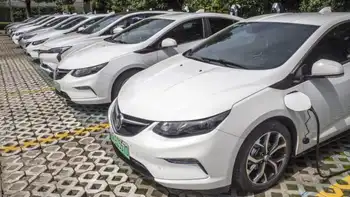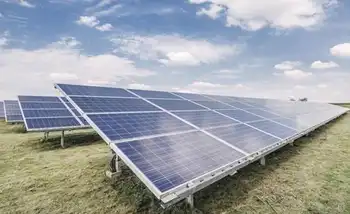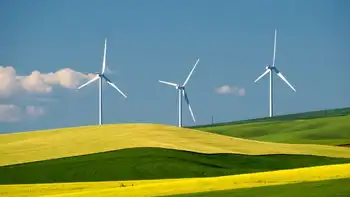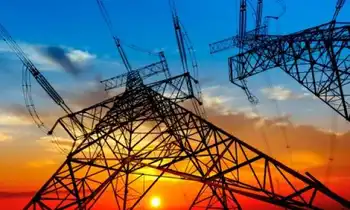Charest puts faith in mega hydro projects
By Globe and Mail
Substation Relay Protection Training
Our customized live online or in‑person group training can be delivered to your staff at your location.

- Live Online
- 12 hours Instructor-led
- Group Training Available
In his inaugural speech delivered in the National Assembly marking the beginning of the spring session, Mr. Charest outlined his government priorities, placing hydro-electric development, including the Romaine project, at the centre of his government's economic strategy.
The Romaine project received conditional approval from a joint federal-provincial environmental assessment board.
“It is one of the biggest construction sites in the world, a project of almost $8-billion, that will begin next summer adding an additional capacity of 1,550 megawatts,” Mr. Charest said in his inaugural speech.
Development of the Romaine comes on the heels of the massive Rupert River diversion project, a $5-billion hydroelectric project that will create an estimated 3,500 jobs next summer. There's also the Petit Mécatina, a 1,200 megawatt project located in the Lower North Shore region as well as two major power lines that will increase the province's capacity to transport and export electricity to Ontario and the United States.
“Today the richest societies in the world are those which have oil. Tomorrow, the richest societies will be those that will have clean, renewable energy,” Mr. Charest said.
Opponents to the Romaine and other large-scale hydroelectric projects are urging the United States to reject the Quebec government's claim that hydroelectricity is a green source of energy. Alliance Romaine, an organization opposed to the construction of four dams on the Romaine River, met in Albany with members of the New York State governor's office as well as officials from the New York Power Authority to outline their case against the Hydro Quebec projects.
“The U.S has a large role to play in saving the Romaine River,” Alliance Romaine spokeswoman Fran Bristow stated in a press release after the meeting. “Without a long-term export contract between Quebec and the U.S., the validity of the project will be questioned even further.”
In his speech Mr. Charest also warned that along with major capital investments, his government will need to spend more on essential services, which means he will table a deficit budget next week that will involve “difficult decisions.” Mr. Charest added that tighter spending will not affect health and education programs.
A poll conducted by Léger Marketing for the Journal de Québec showed the government's approval rating dropping substantially since last December's election with 38 per cent of those surveyed expressing satisfaction with the Charest government compared with 62 per cent last October.
Mr. Charest's declining popularity appeared to be directly linked to his handling of the Caisse de dépôt et placement du Québec, which recently announced the value of its assets had dropped by close to $40-billion. The vast majority of Quebeckers – over 70 per cent according to the poll – demanded that Mr. Charest explain what went wrong at the pension fund before a National Assembly committee. Mr. Charest and his Finance Minister have refused to appear.
But a compromise was in the making yesterday evening that would allow hearings to be held in order to question current and former managers at the Caisse about their investment decisions.
“I'm inviting opposition parties to work with us so that we can hold committee hearings as soon as possible,” Mr. Charest said.











